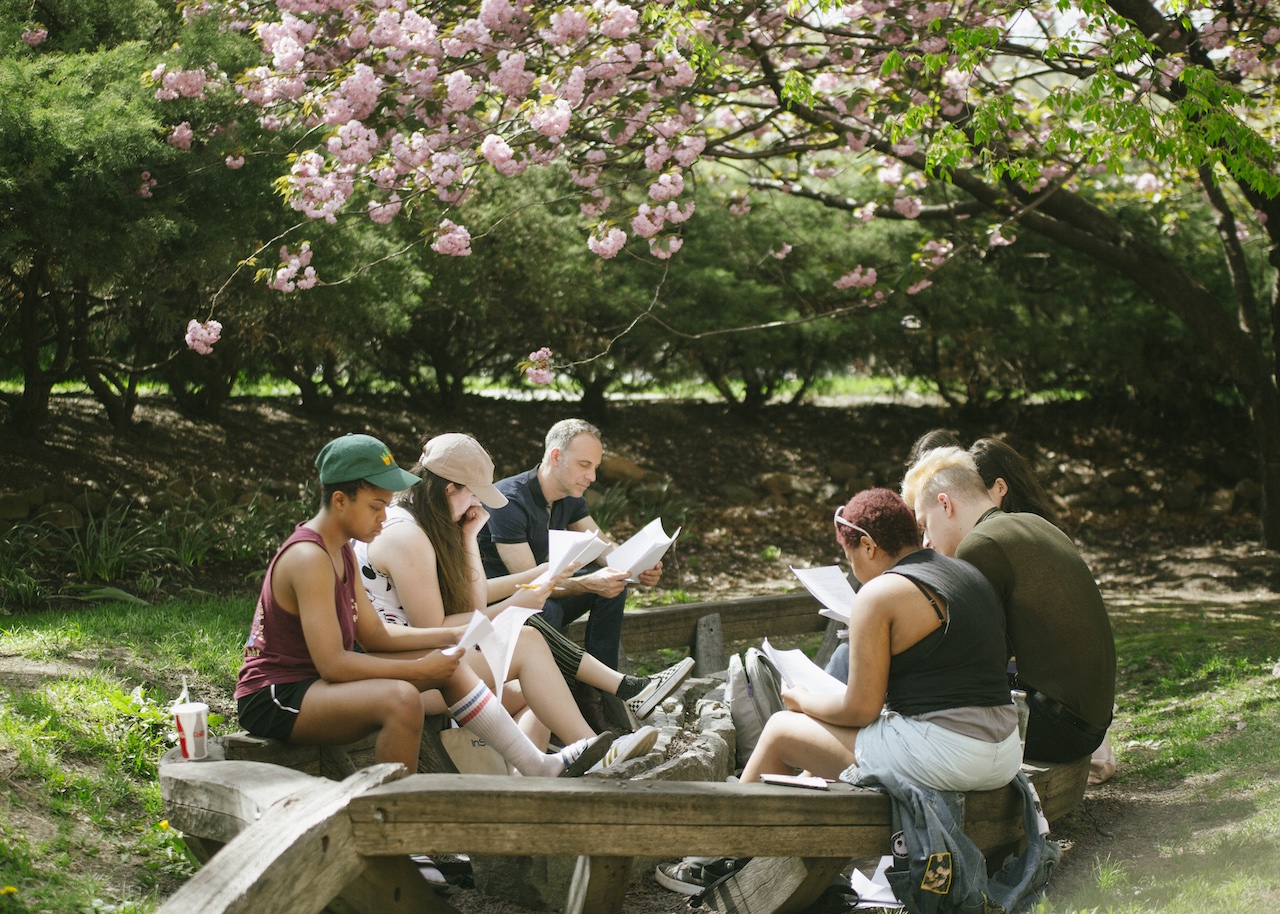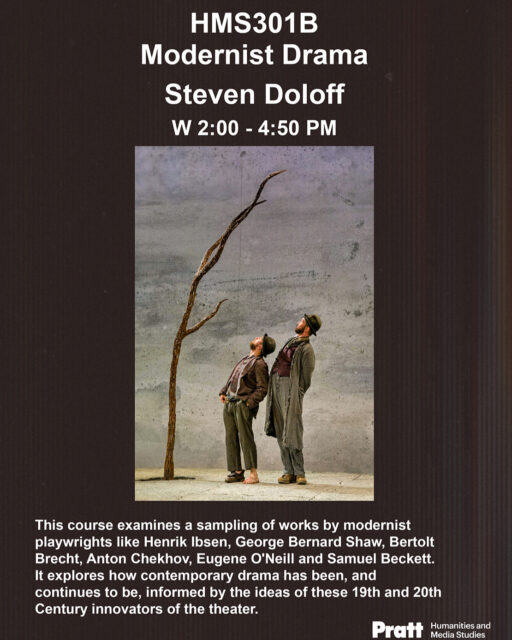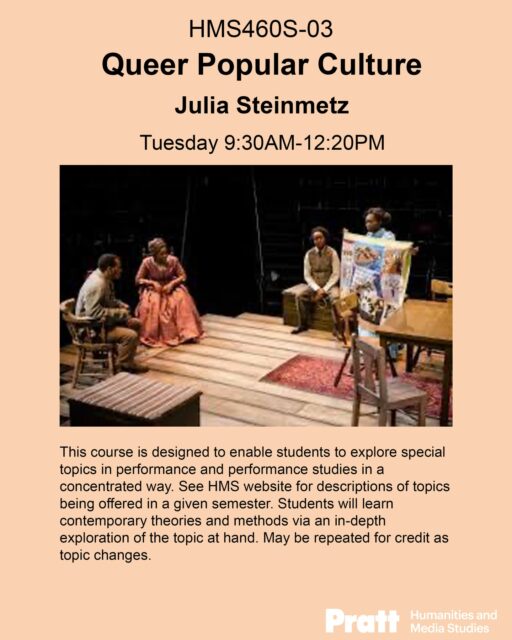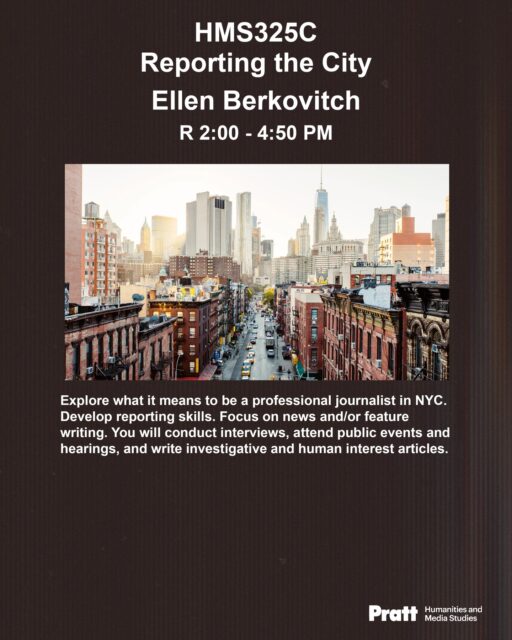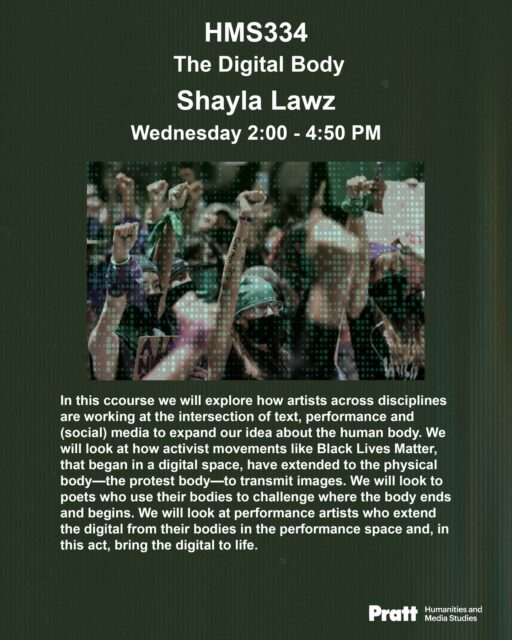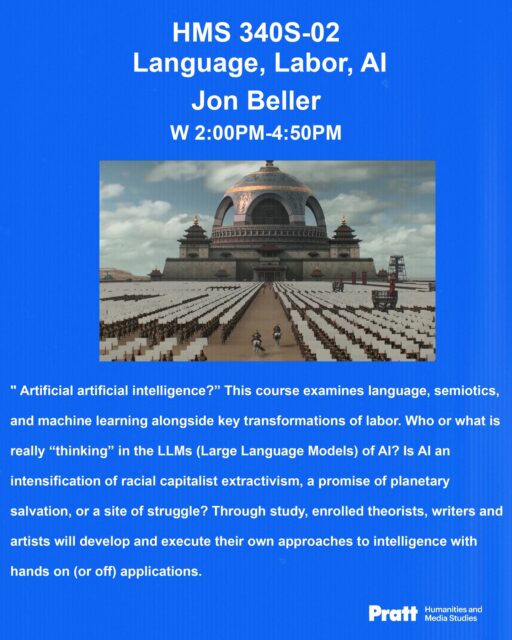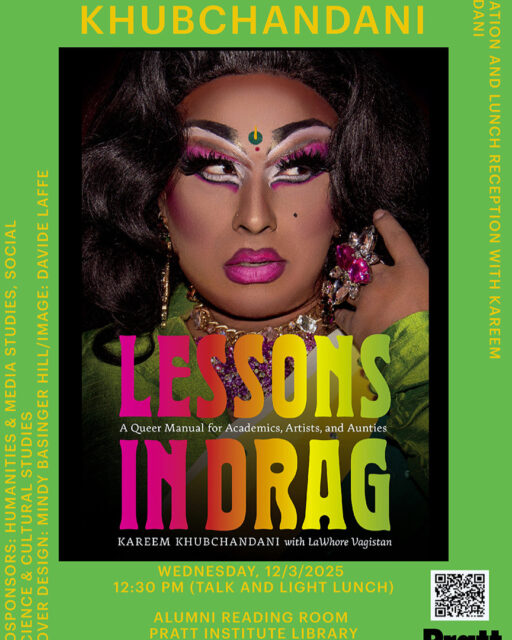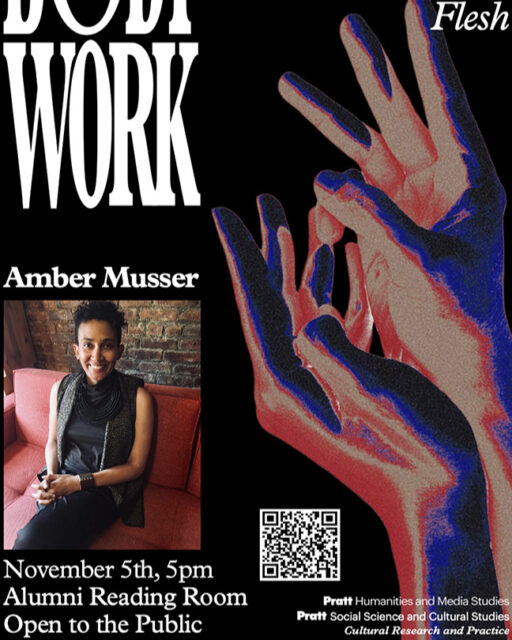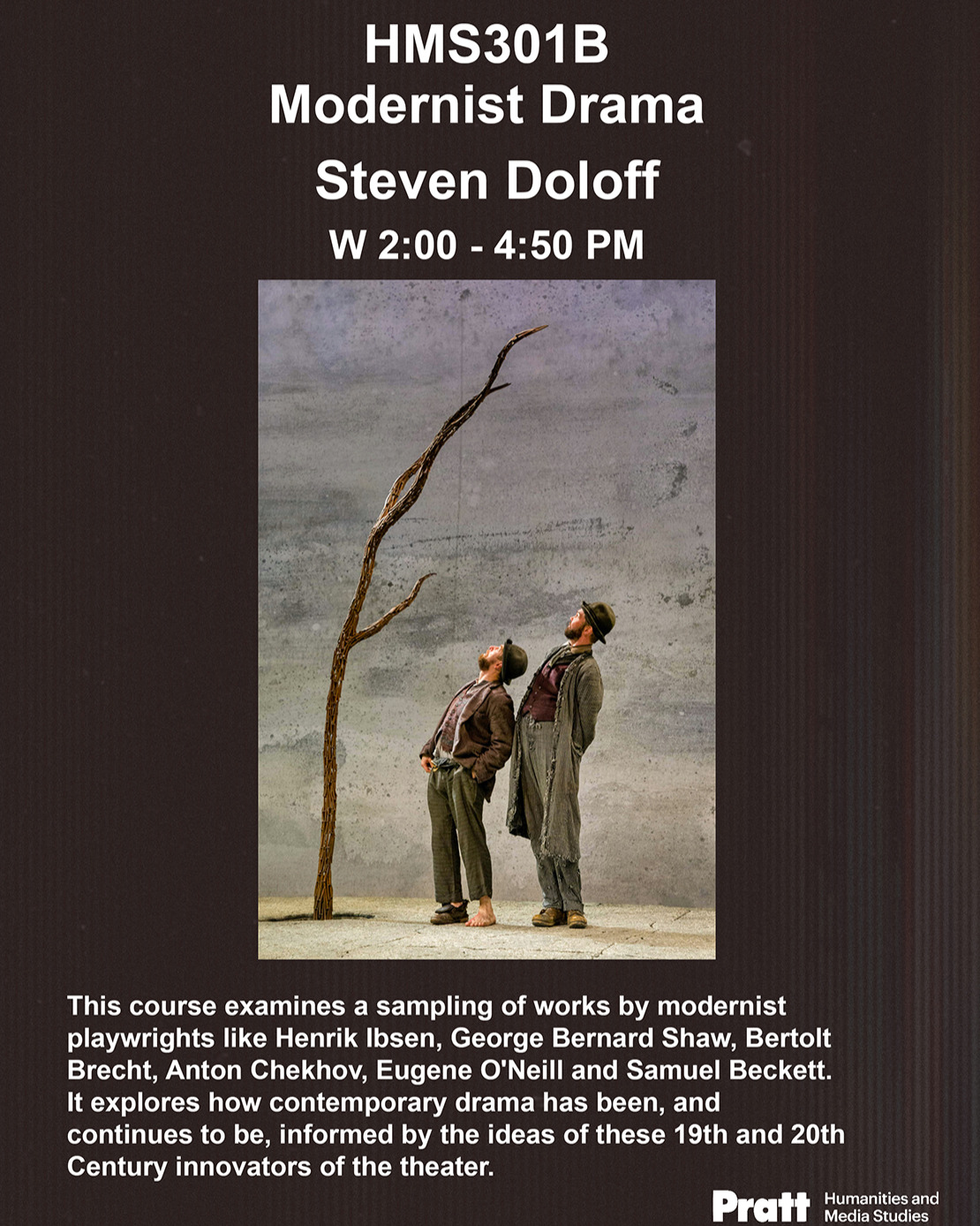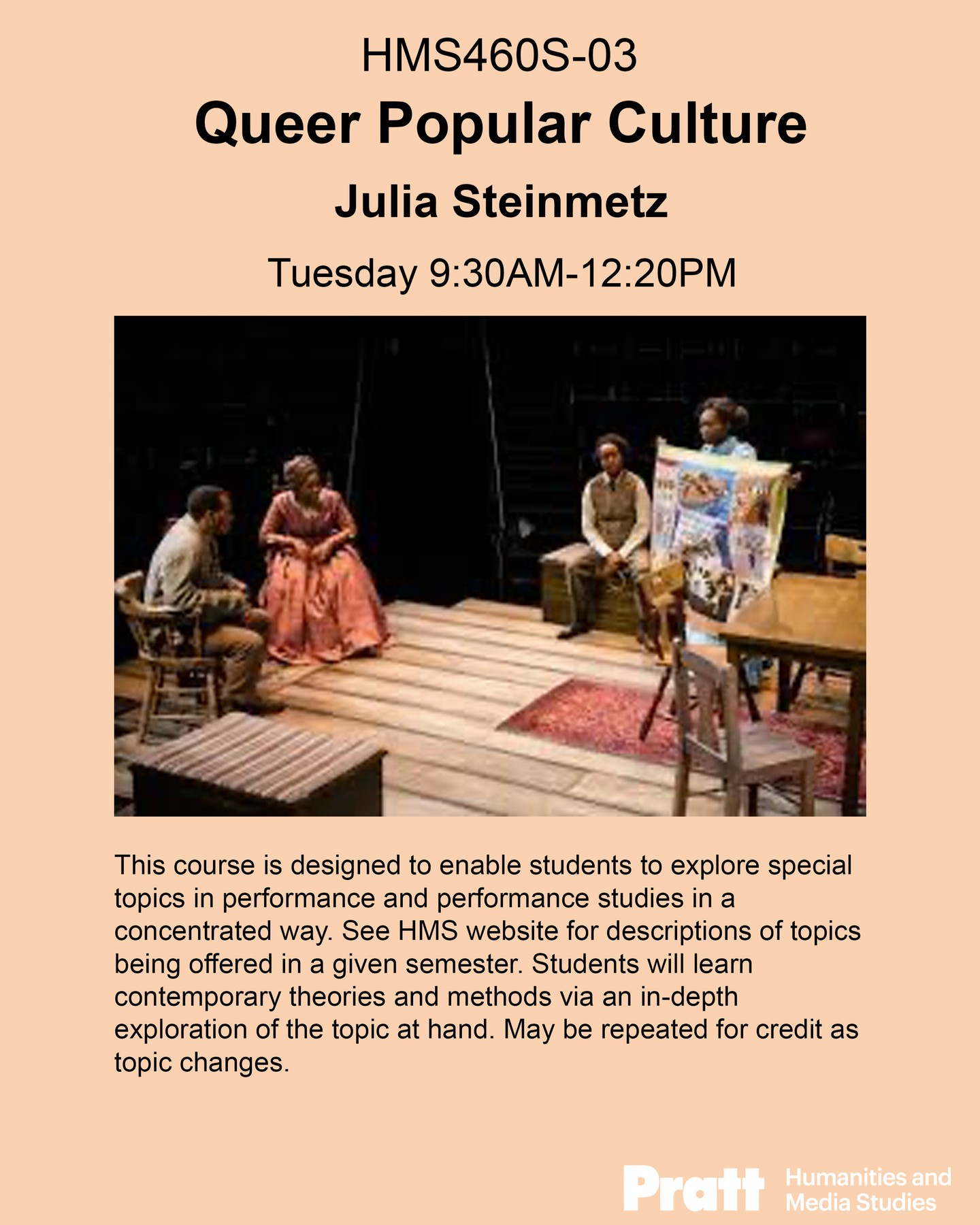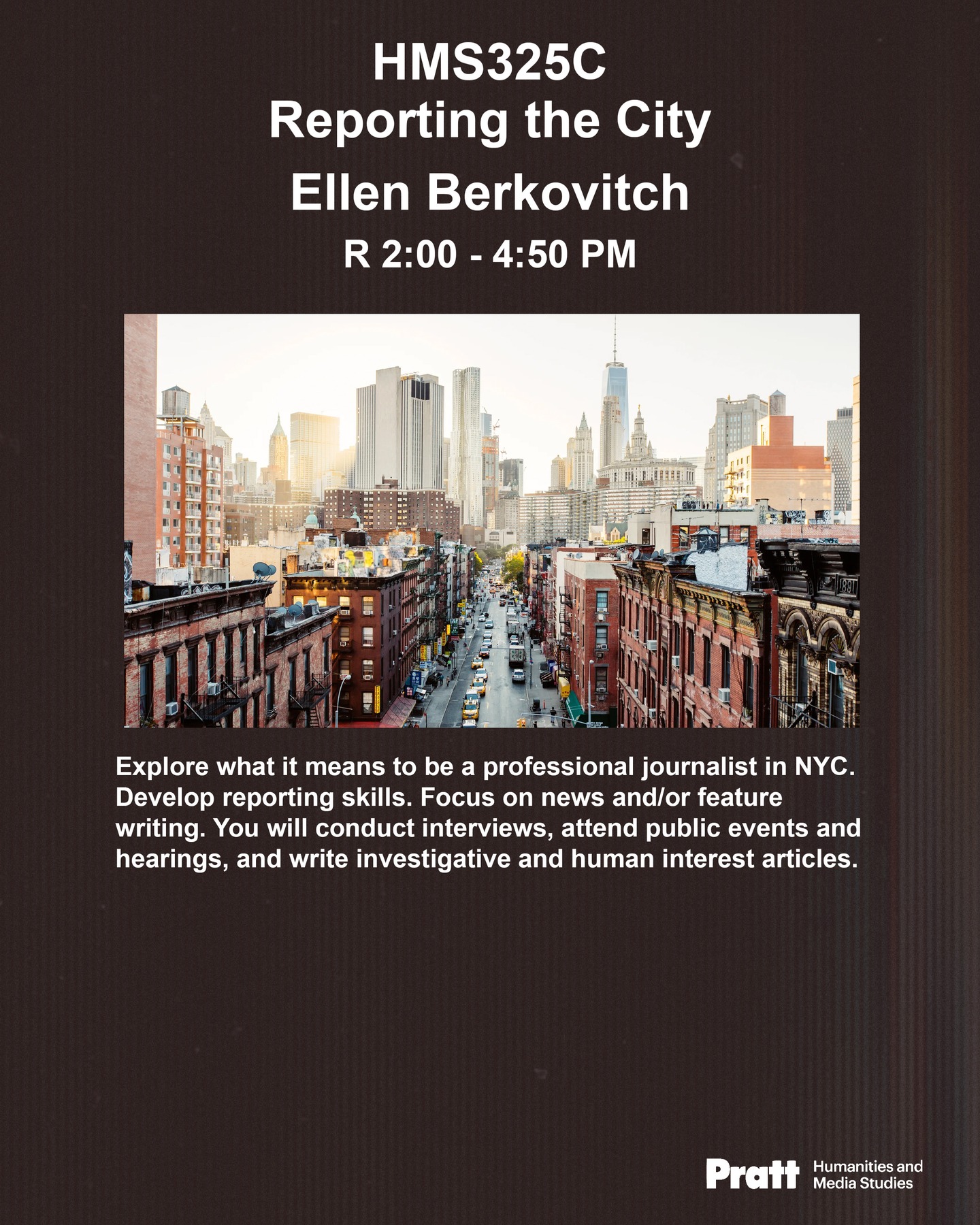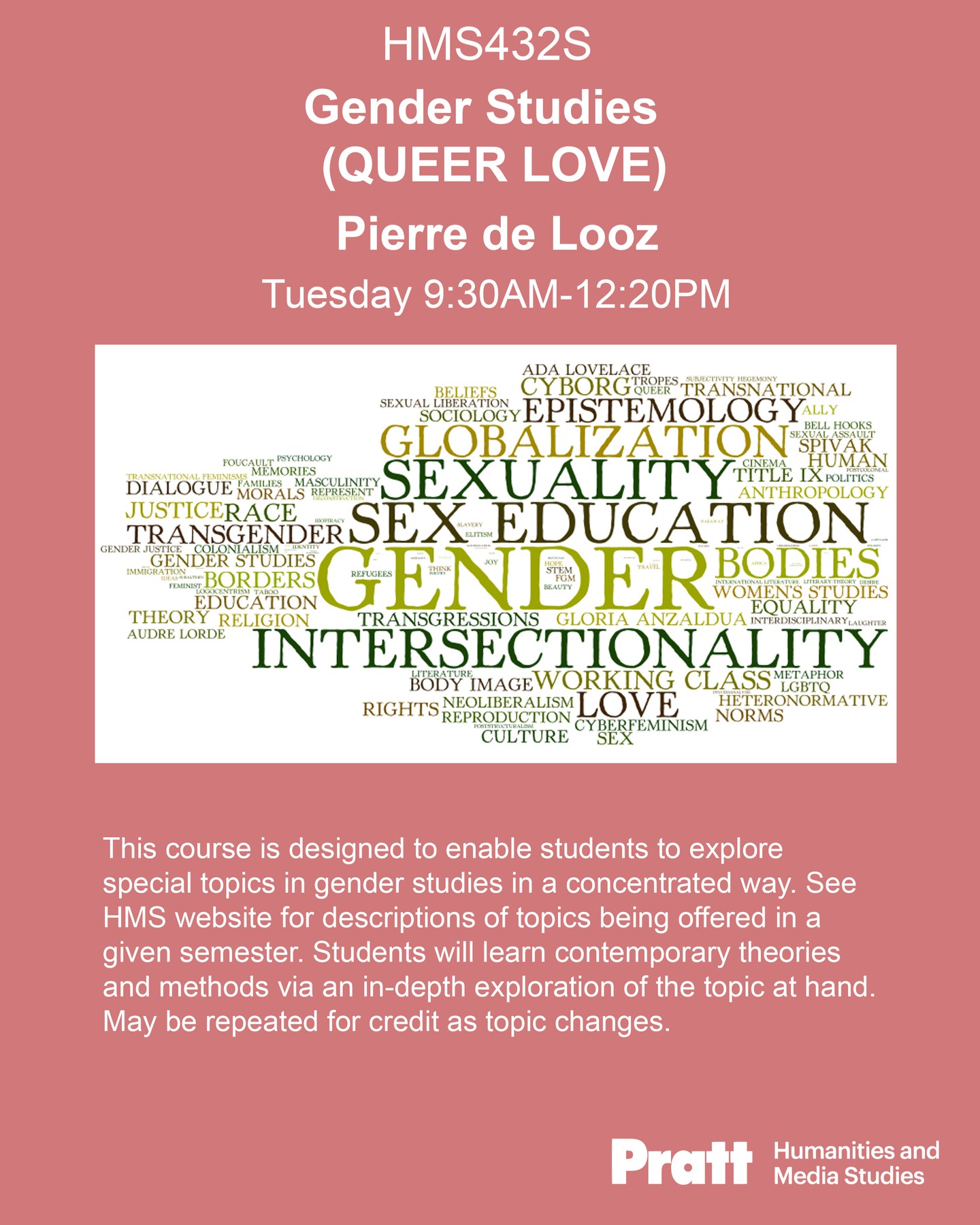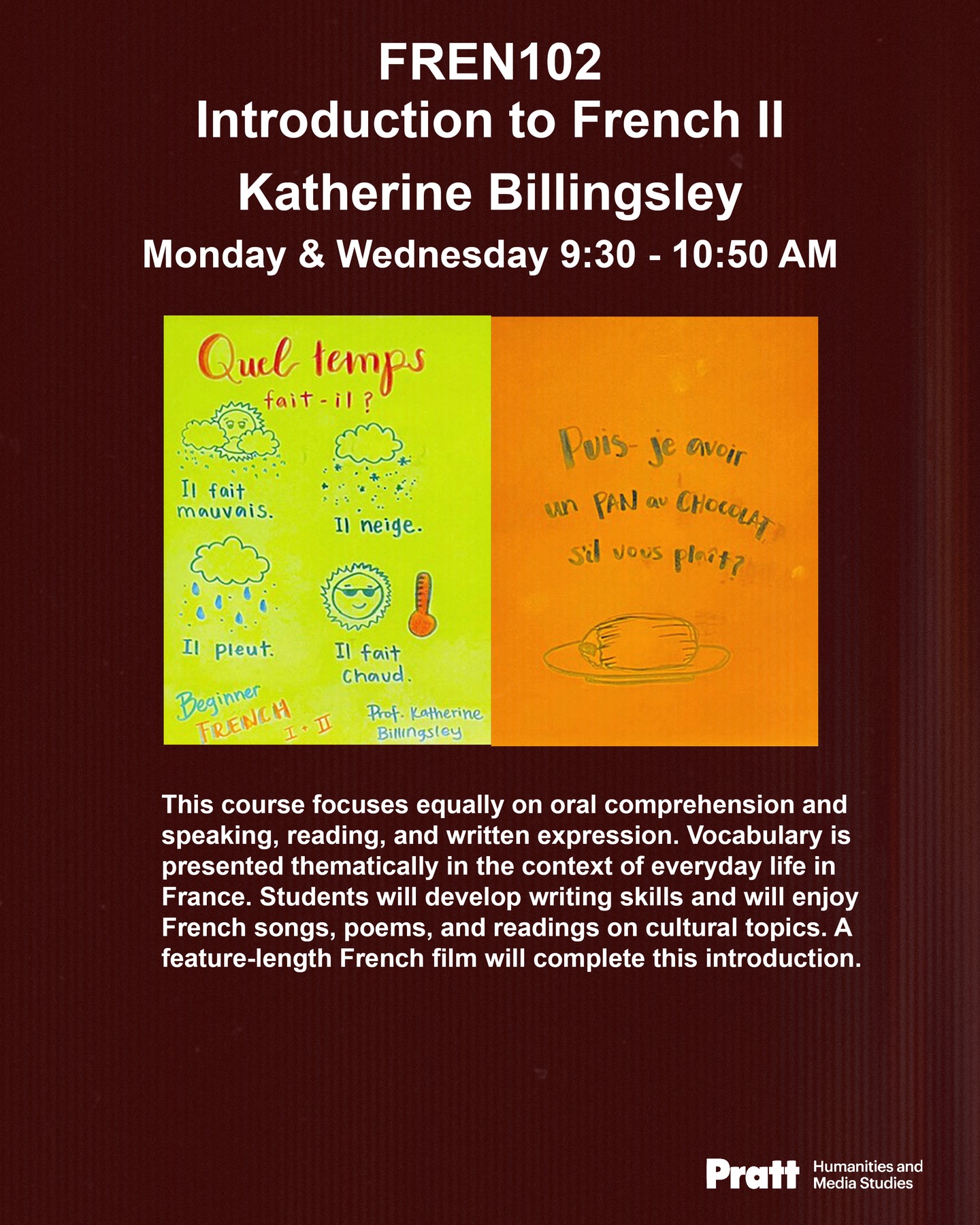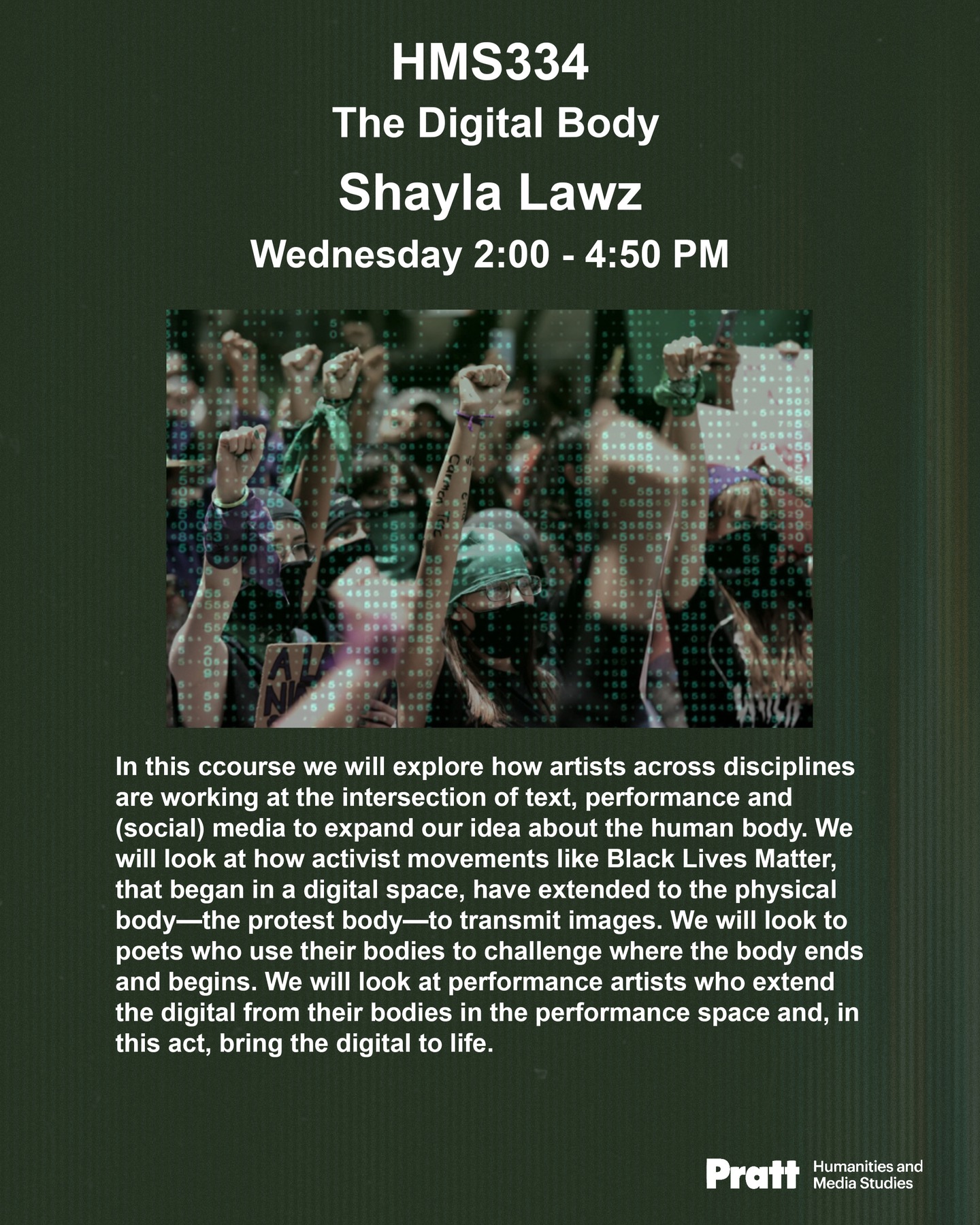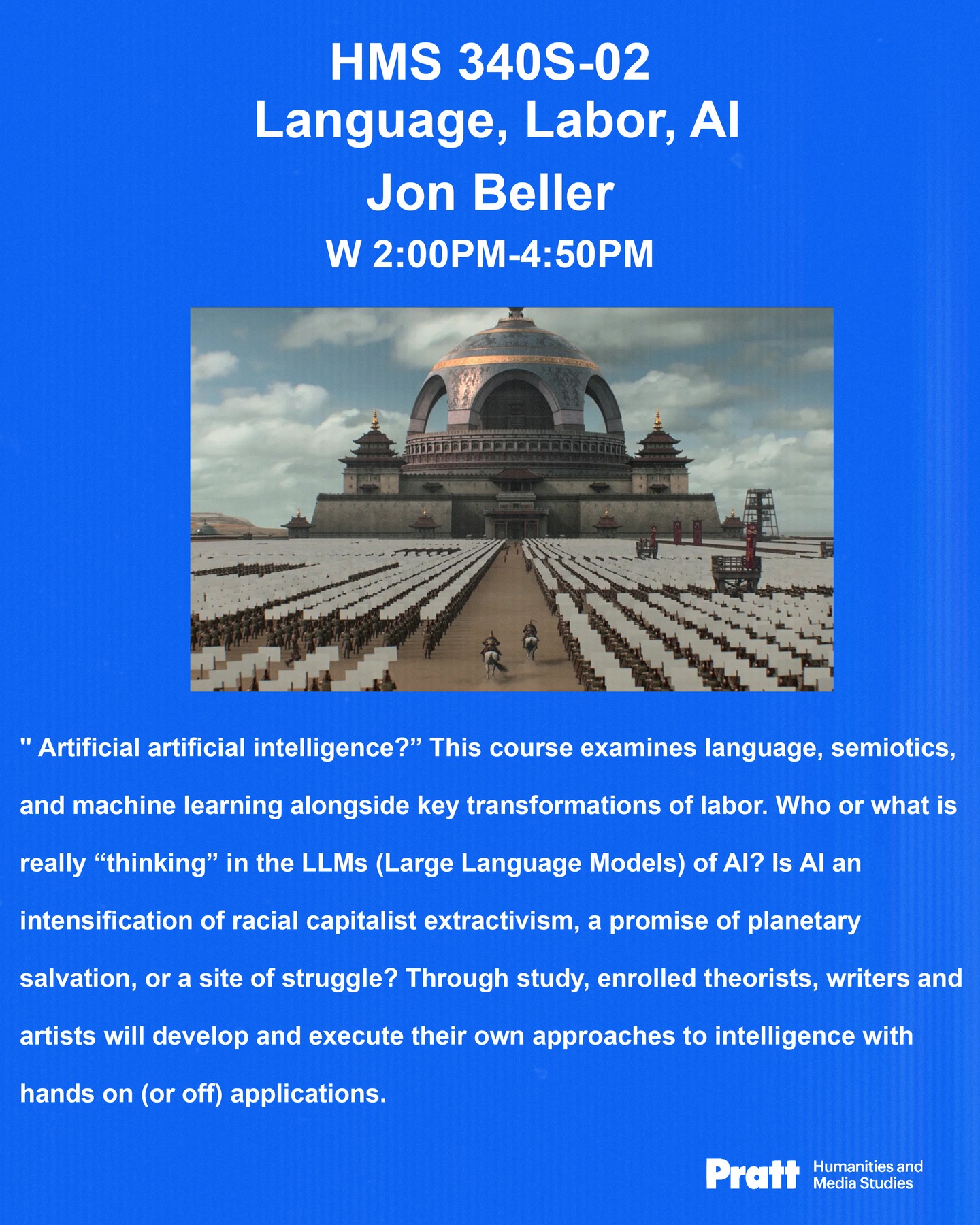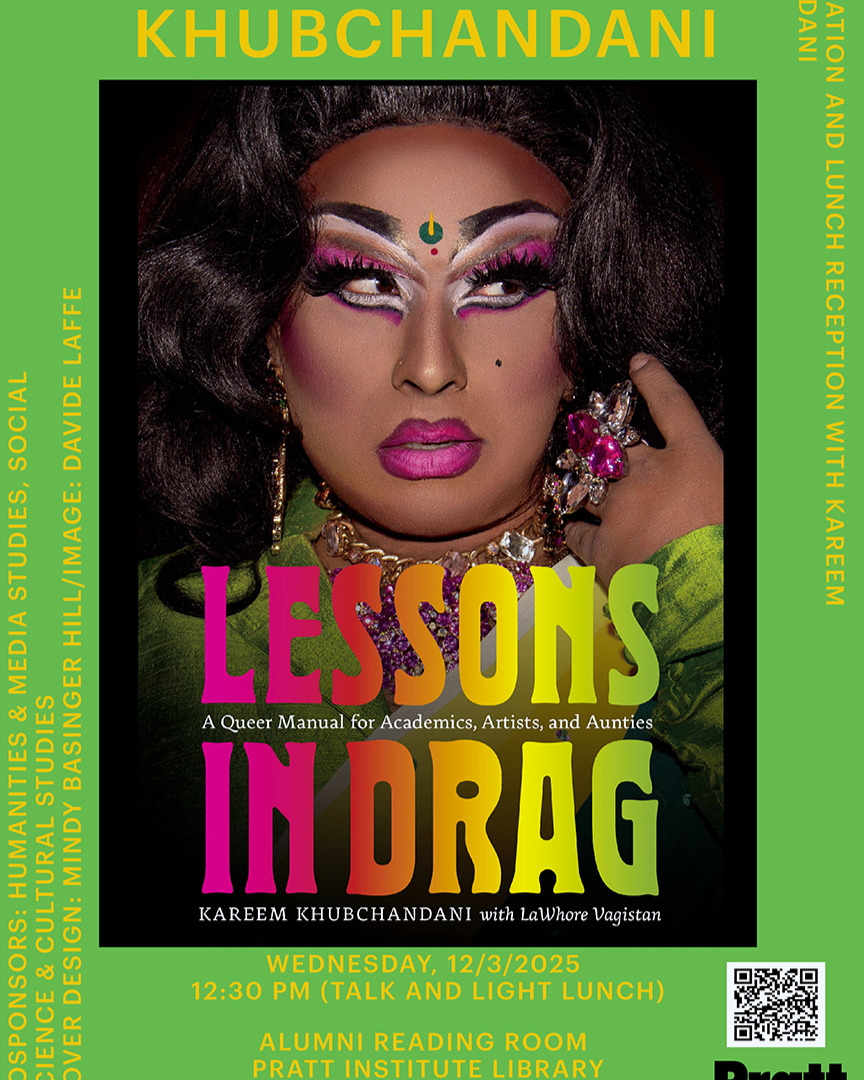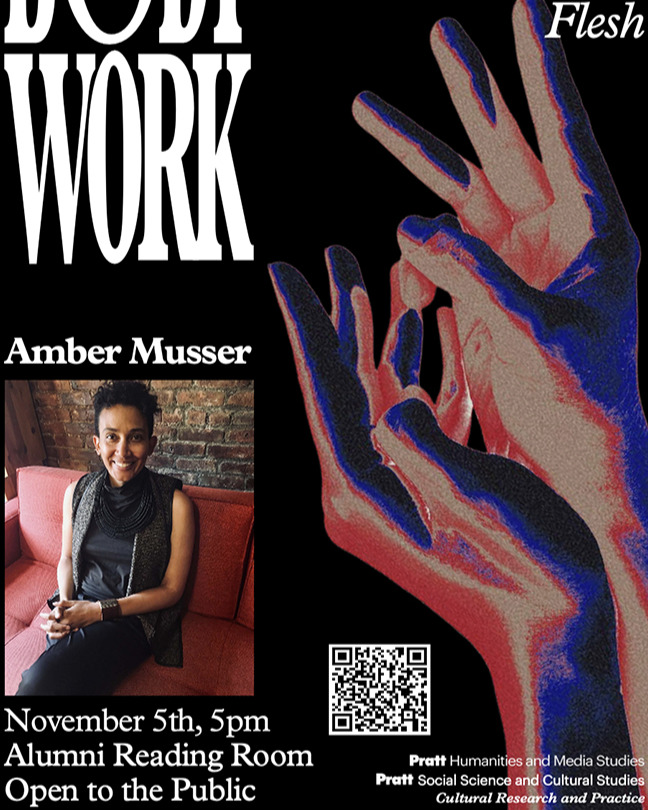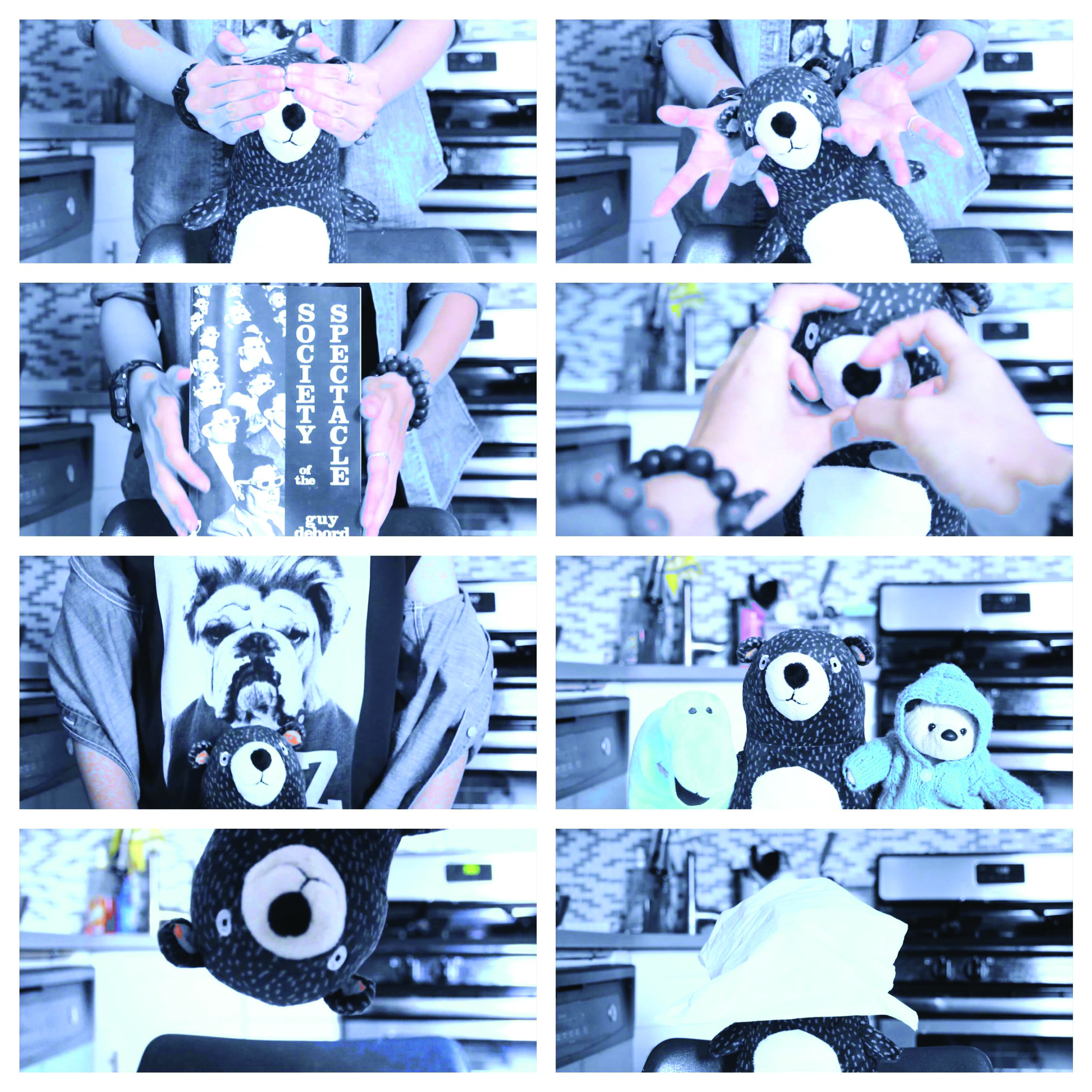At Pratt, we take a capacious approach to “media” that encompasses traditional and digital forms: books, newspapers, television, film, music, video games, mobile, memes, and social media. You’ll come to understand media, media structures, histories, content, and consequences.
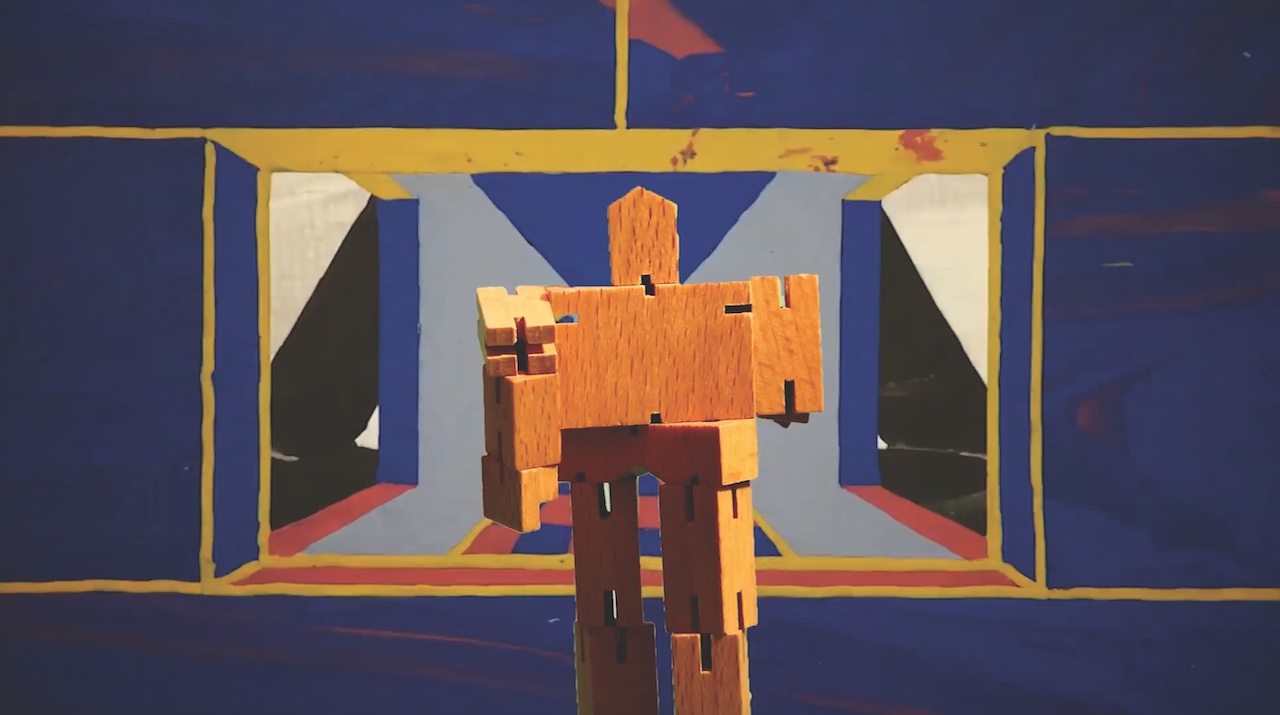
The Media Studies Minor (15 credits total) is designed for students who want to develop their knowledge of how media shapes our identity, culture, and society. It includes a study of a wide range of media from various theoretical, historical, and creative approaches. The minor involves one required course, “Contemporary Media Theory,” four electives, and a qualifying paper/project. You may declare the minor at any point; courses already taken can be counted.
Minor Coordinator
Paul Haacke
